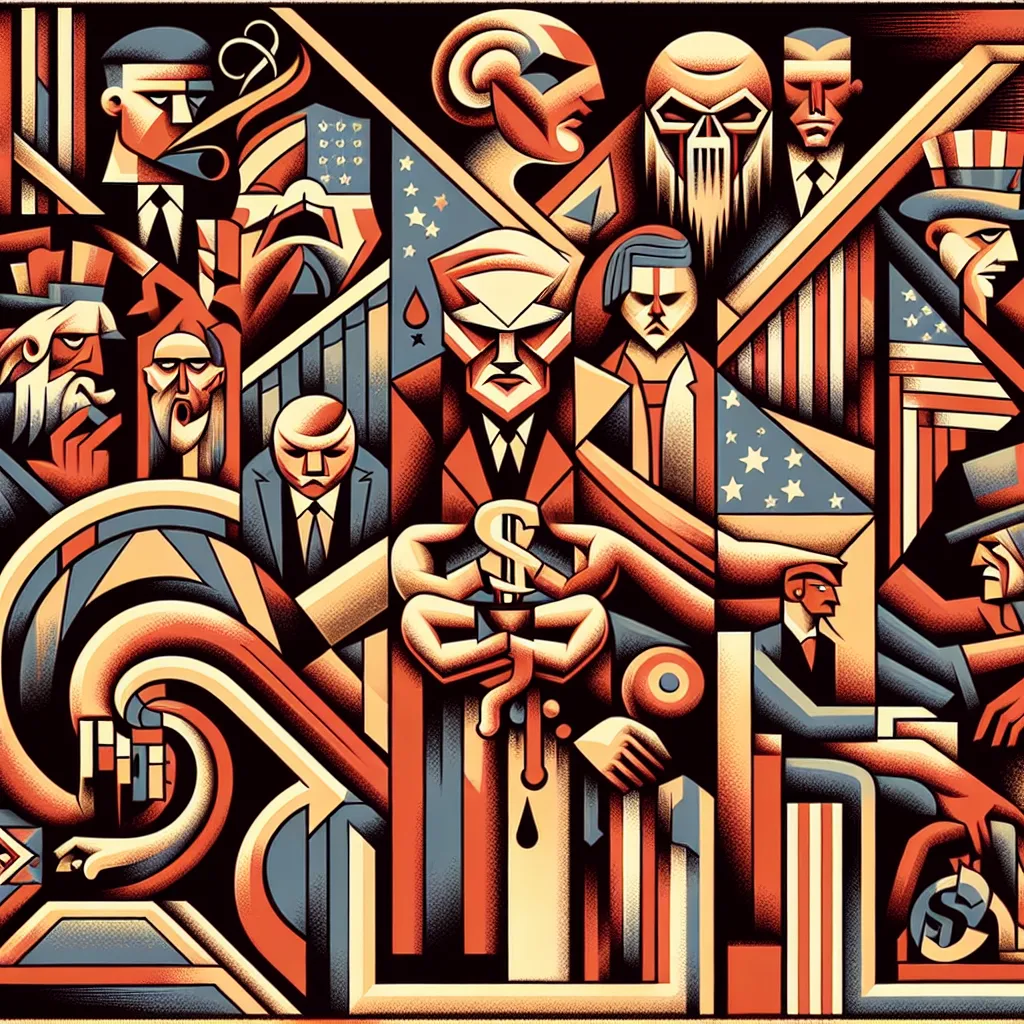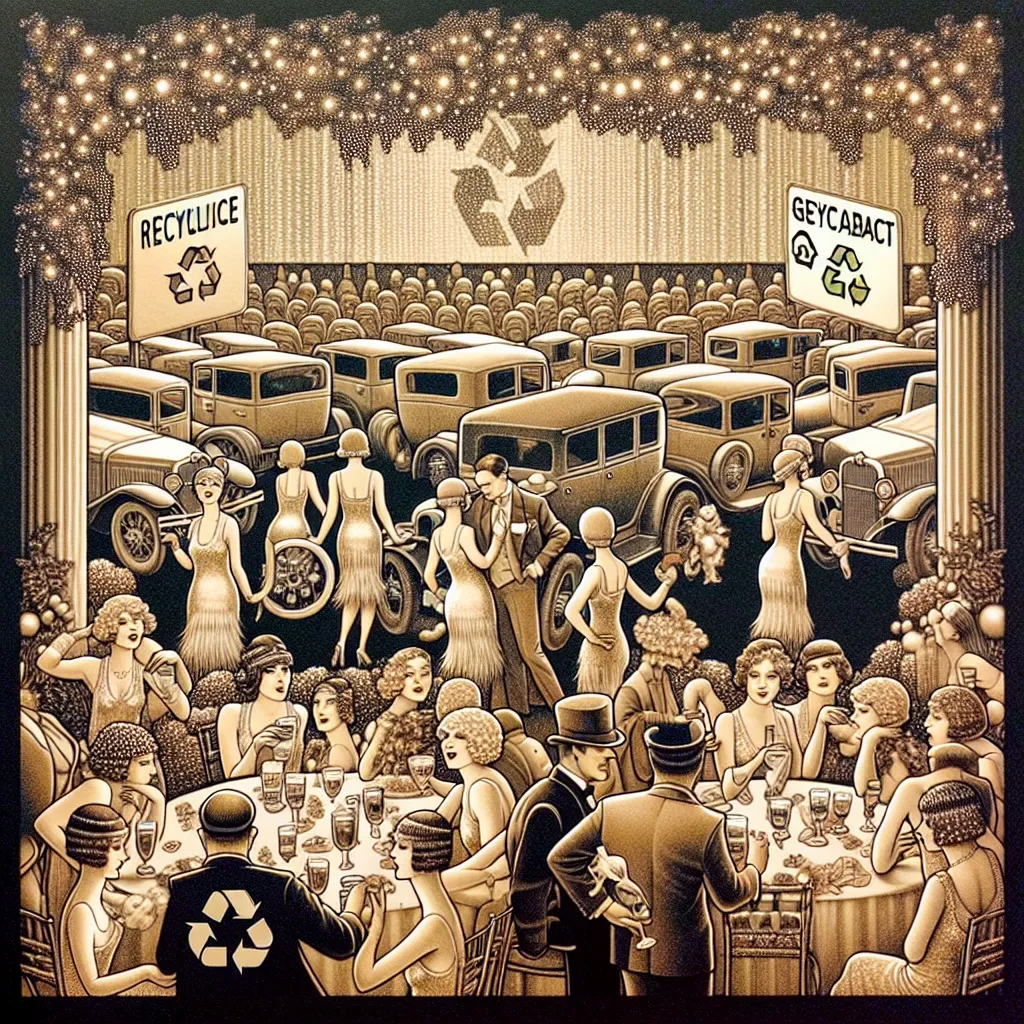Ask AI on The Internet
Question: . Examine how the novel's use of Nick Carraway as a first-person narrator shapes the reader's understanding of the events and characters. Discuss how this narrative technique relates to modern discussions around the nature of truth, the limits of individual perspectives, and the challenges of reliable information in the digital age. with textual evidence
Nick Carraway as a first-person narrator in F. Scott Fitzgerald's "The Great Gatsby" significantly shapes the reader's understanding of the events and characters in the novel. His perspective, biases, and reliability play crucial roles in how the story is perceived, and analyzing this can offer insights into modern discussions around truth, perspective, and reliability of information. 1. **Subjective Interpretation of Events:** Nick's narration is imbued with his interpretations, judgments, and emotions, which color the way events and characters are presented. For example, he describes Gatsby as having "an extraordinary gift for hope, a romantic readiness such as I have never found in any other person and which it is not likely I shall ever find again" (Chapter 1). This characterization is heavily influenced by Nick's admiration for Gatsby, highlighting how personal biases shape storytelling. In the digital age, this parallels the issue of content creators or news outlets presenting information through their subjective lenses. 2. **Selective Omissions and Emphases:** As a narrator, Nick chooses which events and details to emphasize or omit. This selective storytelling affects how readers interpret the overall narrative. For instance, Nick recounts certain conversations and scenes with vivid detail while glossing over others, revealing his own sense of importance and relevance. This can be seen when he describes Gatsby's parties in great detail (Chapter 3) but is more reserved about his own troubled relationship with Jordan Baker. Similarly, the selective portrayal of events on social media often leads to curated realities, emphasizing the highlights while omitting the mundane or problematic aspects. 3. **Reliability and Credibility:** Nick claims to be an honest and nonjudgmental observer, stating, "I am one of the few honest people that I have ever known" (Chapter 3). However, his reliability is questionable as his actions and judgments often contradict this self-assessment. For instance, he overlooks Gatsby's illegal activities because of his personal affinity towards him. This resonates with the modern challenge of discerning reliable information on the internet, where sources may claim objectivity but are often influenced by personal or external biases. 4. **Multiple Truths and Perspectives:** Through Nick’s eyes, we observe that each character in the novel has their own version of truth and reality. Gatsby's idealized vision of Daisy and their past, Tom's justification of his affairs, and Daisy's conflicted emotions all present different perspectives. In the digital age, this multiplicity of truths is amplified by diverse voices and opinions accessible online, challenging the notion of a singular, absolute truth. 5. **Information and Misinterpretation:** Misunderstandings and misinformation are crucial in the novel's plot development. The tragic conclusion is partially a result of miscommunication and false information—Wilson is led to believe Gatsby was driving the car that killed Myrtle, resulting in a fatal misunderstanding. Online, the spread of misinformation can have pervasive and damaging effects, as seen in phenomena like "fake news" and viral misinformation campaigns. In conclusion, Nick’s first-person narration in "The Great Gatsby" allows Fitzgerald to explore themes of subjective truth, perspective, and the elusive nature of reality. This narrative technique is incredibly relevant to modern discussions on the nature of truth and the limits of individual perspectives in a digital world where information is abundant but not always reliable. The novel serves as a reminder of the importance of critically evaluating the sources and biases behind the information we consume.
Think your answer is better than the AI's? Post it below.
Other Most Relevant Posts:
 Decadence and Division: Exploring Moral Decay and Social Fragmentation in *The Great Gatsby* and Today’s Political Landscape
Decadence and Division: Exploring Moral Decay and Social Fragmentation in *The Great Gatsby* and Today’s Political Landscape
 From Gatsby to Today: Exploring Moral Decay and Social Disintegration in The Great Gatsby and Modern Political Polarization
From Gatsby to Today: Exploring Moral Decay and Social Disintegration in The Great Gatsby and Modern Political Polarization
 The Illusion of the American Dream: Gatsby's Ambition, Struggles, and the Price of Obsession in Fitzgerald's Narrative
The Illusion of the American Dream: Gatsby's Ambition, Struggles, and the Price of Obsession in Fitzgerald's Narrative
Question Tags
If you want your question answered by an AI, click here.




Post your own comment: